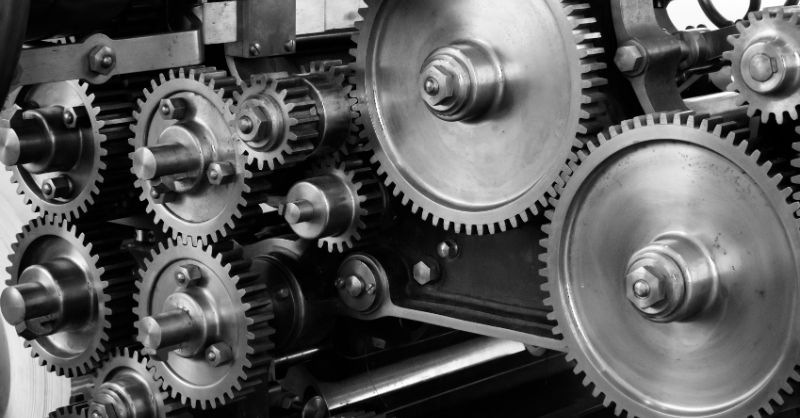Unlocking Opportunities in the Mechanical Hardware Market
18 May, 2023

The mechanical hardware industry is experiencing a wave of opportunities as technological advancements, evolving consumer demands, and increasing industrialization create a favorable environment for growth. With the rise of automation, robotics, and the Internet of Things (IoT), the demand for high-quality mechanical hardware components has skyrocketed. Companies operating in this sector are actively exploring new avenues for expansion and innovation to capitalize on these opportunities.
The mechanical hardware market is set for growth with a 6.8% CAGR (2021-2026), driven by IoT, automation, and AI adoption. Key trends include smart technologies, sustainability, and energy efficiency, creating innovation opportunities amid challenges like supply chain disruptions.
Mechanical hardware market analysis reveals a positive outlook for the industry. According to a recent report by Market Research Future, the global mechanical hardware market is projected to grow at a CAGR of 6.8% from 2021 to 2026. This growth can be attributed to various factors, including the rapid adoption of advanced manufacturing techniques, increased investment in infrastructure development, and the expanding automotive and aerospace sectors.
One of the key trends driving the mechanical hardware industry's growth is the integration of smart technologies. With the advent of IoT and Industry 4.0, there is a growing need for mechanical hardware components that can connect, communicate, and interact with other devices. This demand has led to the development of smart sensors, actuators, and control systems, which play a crucial role in enhancing the performance and efficiency of mechanical systems.
Moreover, the rising emphasis on sustainability and energy efficiency has opened new opportunities for the mechanical hardware market. Manufacturers are focusing on developing eco-friendly and energy-efficient components that help reduce waste, lower energy consumption, and minimize environmental impact. This shift toward sustainable practices not only aligns with global environmental goals but also presents a significant market advantage for companies operating in the mechanical hardware industry.
In addition to technological advancements, exploring growth opportunities in the mechanical hardware market requires a keen understanding of the key players in the industry. Established companies such as Siemens AG, ABB Ltd., Bosch Rexroth AG, and Schneider Electric SE are at the forefront of innovation, continually developing cutting-edge solutions to meet the evolving needs of various sectors. These industry leaders invest heavily in research and development to stay ahead of the competition and expand their market share.
Furthermore, the integration of artificial intelligence (AI) and machine learning (ML) in mechanical hardware is another area that holds immense potential. AI-powered algorithms and ML models can optimize performance, predict maintenance needs, and enhance overall operational efficiency. As more companies recognize the benefits of AI and ML, the demand for advanced mechanical hardware components that can support these technologies is expected to increase, presenting further growth opportunities for the industry.
The mechanical hardware market is not without its challenges. The industry faces concerns related to supply chain disruptions, volatility in raw material prices, and the need to constantly adapt to changing regulatory requirements. However, companies that can effectively navigate these challenges and embrace the latest trends and technologies are well-positioned to unlock the vast opportunities within the mechanical hardware market.
To seize these opportunities, companies should focus on developing strategic partnerships, both within the industry and across sectors. Collaboration with technology providers, research institutions, and customers can foster innovation, enable access to new markets, and drive overall growth. Additionally, companies should invest in workforce training and development to equip employees with the necessary skills to adapt to technological advancements and emerging market trends.
The mechanical hardware industry is witnessing a promising future, with numerous opportunities waiting to be unlocked. The integration of smart technologies, the emphasis on sustainability, and the growing significance of AI and ML are reshaping the industry landscape. By staying abreast of the latest trends, collaborating with key players, and embracing innovation, companies in the mechanical hardware market can position themselves for success in this dynamic and evolving sector.
